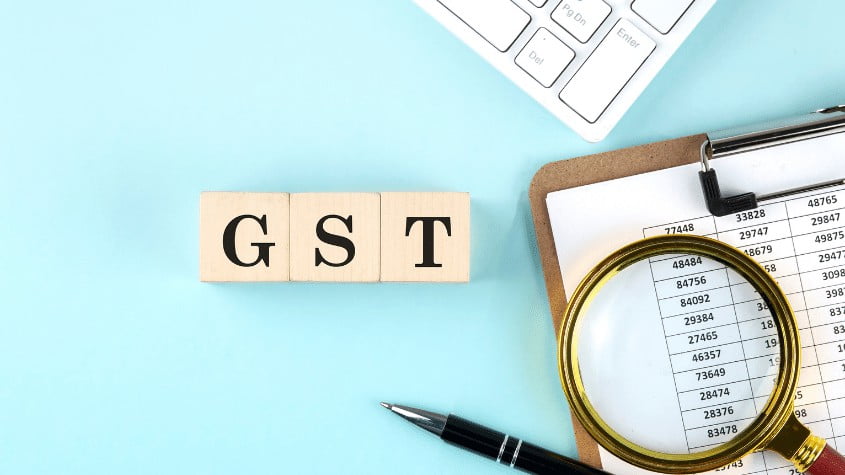Introduction
The Goods and Services Tax (GST) has revolutionized the Indian taxation system, bringing transparency and simplification to the process. One crucial aspect of GST compliance is GST registration. In this article, we will explore the reasons behind GST registration, the individuals or entities who need to register, and the appropriate time to initiate the registration process.
Why GST Registration Matters?
GST registration is a legal requirement for businesses and individuals involved in the supply of goods or services exceeding certain turnover thresholds. By obtaining GST registration, entities gain access to numerous benefits and comply with the tax regulations established by the government. Some key reasons for GST registration include:
Legally Compliant Operations
GST registration ensures that businesses operate within the framework of the law, promoting transparency and accountability.
Input Tax Credit (ITC)
Registered entities are eligible to claim ITC, which allows them to set off the tax paid on inputs against their output tax liability. This minimizes cascading tax effects and improves cash flow.
Interstate Transactions
GST registration is mandatory for businesses engaged in interstate supplies of goods or services. Without registration, these transactions may attract penalties and hinder business growth.
Business Expansion and Credibility
GST registration lends credibility to a business, making it easier to engage in B2B transactions. Many suppliers and vendors prefer to work with registered entities, which can lead to expanded business opportunities.
Who Needs GST Registration?
Several categories of individuals and entities are required to register for GST. It is essential to determine if you fall within any of these categories:
Businesses with Turnover Threshold
Any business with an annual aggregate turnover exceeding the prescribed threshold (currently set at Rs. 40 lakhs for most states) must register for GST. For certain special category states, the threshold is reduced to Rs. 20 lakhs.
Inter-State Suppliers
Entities involved in the supply of goods or services across state boundaries are required to register for GST, regardless of turnover.
E-Commerce Operators and Aggregators
Online platforms facilitating the supply of goods or services must obtain GST registration, irrespective of their turnover.
Input Service Distributors
Entities that distribute credits received for input services to multiple branches or units must register as Input Service Distributors.
Non-Resident Taxable Persons
Individuals or businesses supplying goods or services in India but not having a fixed place of business in the country are required to register under GST.
When to Register for GST?
The appropriate time to initiate GST registration depends on the specific circumstances of the business or individual. Generally, the following timelines should be considered:
Mandatory Registration
If the business turnover exceeds the prescribed threshold or if it falls under any of the mandatory registration categories mentioned earlier, GST registration should be initiated immediately.
Threshold Limit?
For Businesses engaged in Trading & Manufacturing:
— with Annual Turnover of More than ₹40 Lakhs (₹20 Lakhs in some special category states)
For Businesses engaged are service provider:
— with Annual Turnover of More than ₹20 Lakhs (₹10 Lakhs in some special category states)
Voluntary Registration
Businesses that do not meet the mandatory turnover threshold may opt for voluntary registration. This can be advantageous, especially when dealing with interstate transactions or to avail of ITC benefits.
Conclusion
GST registration plays a pivotal role in ensuring compliance with tax regulations and enjoying the benefits provided by the GST system. Understanding the reasons behind registration, identifying the entities that need to register, and knowing the appropriate time to initiate the process are crucial steps for businesses and individuals. By adhering to the GST registration requirements, entities can streamline their operations, boost credibility, and maximize their tax benefits under the GST regime.


Leave a reply